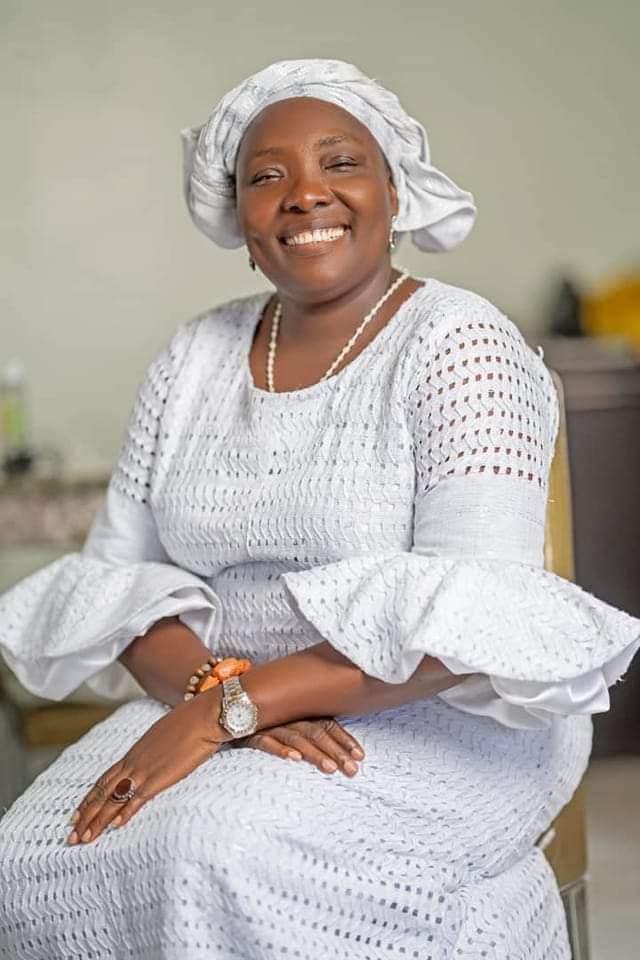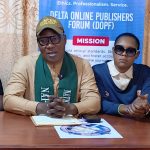…as Assembly engages public on child rights amendment bill
By Patrick Ochei
The activities of the Orphanage Homes in Delta State have been exposed during the public hearing on the Delta State Child Rights (Amendment) Bill, 2024, which held at the Press Centre of the Assembly on Wednesday 2nd October, 2024.
Addressing journalists at the end of the session, the presiding House Committee Chairman on Housing, Women Affairs/Girl-Child Entrepreneurship and Humanitarian Support Services, Hon. Bridget Ifechukwukwu Anyafulu said the State might shut down the operations of the Orphanage Homes if they become toxic to the society, especially when they operate against the best interest of the child.
She stated categorically that the State was ready to implement the Child Rights law by following the best practices, hence the amendment of the law after 16 years of being domesticated in the State.
Anyafulu maintained that Orphanages are not supposed to keep children in their care until they grow into adulthood, saying that the law provides that children should stay in the Orphanages for a maximum period of three months before being given up for adoption or reunited with their parents or relatives.
However, in most cases, children grow into adulthood in the Orphanages, even beyond 18 years as a result of orchestrated shady deals by the operators of the Orphanages.
According to her, “Keeping of children in the Orphanages has a period of duration by law. We are ready to operate within that confines; we will no longer tolerate illegal operations of the Orphanages.
“The position of the law is very clear on this. The best interest of the child is of paramount concern and it must be considered in making decisions as to what happens to the child. Anything that constitutes evil against the child is a crime. We must ensure the protection of the child at all times; and whoever infringes on those rights is liable for punishment.
“If the orphanages cannot operate within the ambits of the law, then they just have to be shut down. Instead, we can have what is called the Foster Homes where children without parents or link to relations are kept and given the home environment treatment”, Anyafulu explained.
Earlier during the public hearing session, the Permanent Secretary of the Ministry of Women Affairs, Community and Social Development and Chairman, Delta State Child Rights Implementation Committee, Mrs. Oghenekevwe Agas had narrated the challenges faced in regulating the operations of the 63 registered Orphanages in Delta State, revealing that majority of them are engaged in sharp practices for their own individual benefits.
She said they had continued to make adoptions difficult, thereby suggesting that they rather become Foster Homes than breaking the law and giving the State a problem.

















